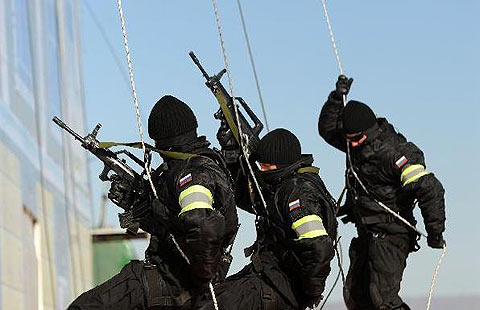China's Zhao Houlin elected as secretary-general of ITU
Updated: 2014-10-23 13:48
(Xinhua)
|
||||||||
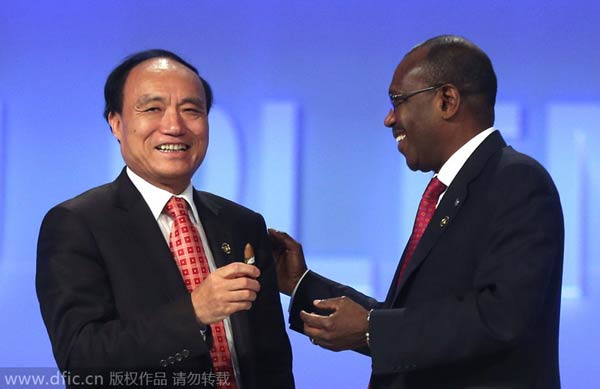 |
|
Zhao Houlin (left) is elected as secretary-general of International Telecommunication Union during the 2014 ITU Plenipotentiary Conference held in Busan, South Korea, Oct 23, 2014. [Photo/IC] |
BUSAN -- Incumbent Deputy Secretary-General of International Telecommunication Union (ITU) Zhao Houlin Thursday was elected to head the organization Thursday for the next four years during the 2014 ITU Plenipotentiary Conference held in South Korea's port city Busan.
After winning 152 ballots from of 156 membership nations, Zhao was elected as the first Chinese secretary-general in the 150-year history of ITU. He will take office in January, 2015.
"As the newly elected secretary-general, I would like to assure you that I will do my best to fulfill ITU's mission, and through our close cooperation, to make ITU in delivering services to the global telecommunication and information society at the level of excellence," said Zhao.
Zhao added that the fast development of China's information and communication technology is a solid base for his election. He also thanked for supports from Chinese government and relevant industries.
Zhao was the third Chinese who elected as the head of UN organizations. The other two are Margaret Chan, director general of the World Health Organization (WHO) and Li Yong, director general of the United Nations Industrial Development Organization (UNIDO).
Born in 1950 in Jiangsu, China, Zhao graduated from Nanjing University of Posts and Telecommunications, and earned a Master's in Telematics from the University of Essex in the UK.
From 1999 to 2006, Zhao served as director of ITU's Telecommunication Standardization Bureau (TSB). Then he was elected ITU Deputy Secretary-General in 2006 and re-elected for a second four-year term in 2010.
ITU is the United Nations specialized agency for information and communication technologies. ITU membership includes 193 Member States, ICT regulators, leading academic institutions and some 700 private companies.
The Plenipotentiary Conference is the key event at which ITU Member States decide on the future role of the organization, thereby determining the organization's ability to influence and affect the development of information and communication technologies (ICTs) worldwide.
Related stories:
Chinese power couple's art on display at UN
- Relaxing control in expense and promoting competition in telecommunication industry
- The impact of China's WTO accession on the telecommunication industry
- Beginning of reform in telecommunication market
- Lang Lang to perform at the UN headquarters
- President Li Wei meets with UN General Assembly President
- Li offers UN aid to develop farming
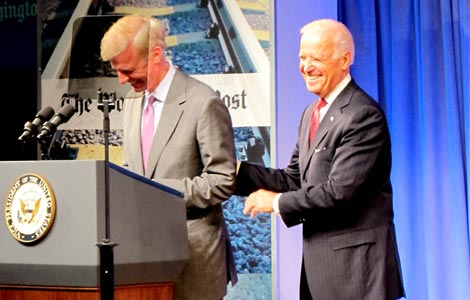
 Veep and CEO
Veep and CEO
 US Healthcare workers attend Ebola educational session
US Healthcare workers attend Ebola educational session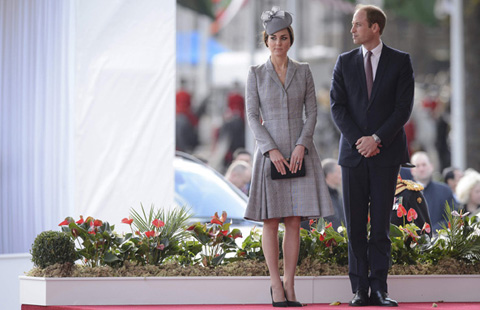
 Kate makes first public appearance after pregnancy
Kate makes first public appearance after pregnancy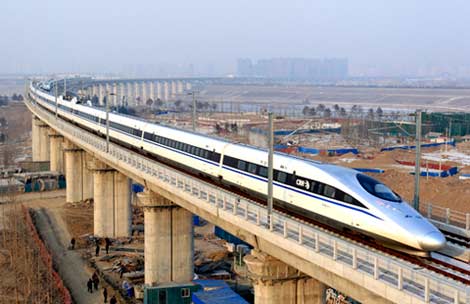
 Chinese may go after California high-speed rail project
Chinese may go after California high-speed rail project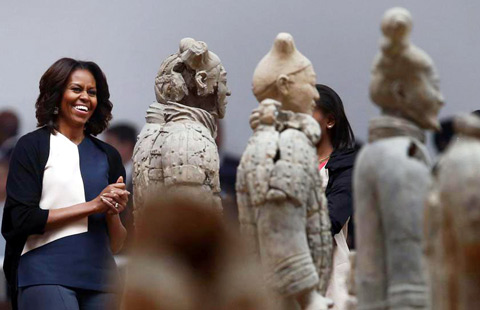
 Terracotta warriors attract celebrities around the world
Terracotta warriors attract celebrities around the world
 US-China solar pact holds big potential: Analyst
US-China solar pact holds big potential: Analyst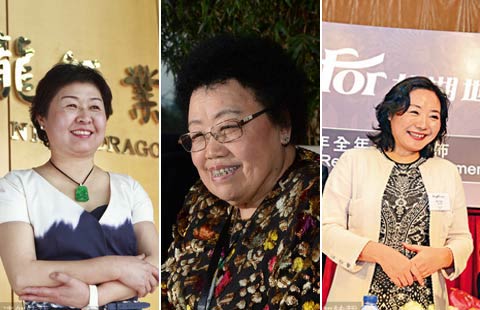
 Top 10 richest women in China
Top 10 richest women in China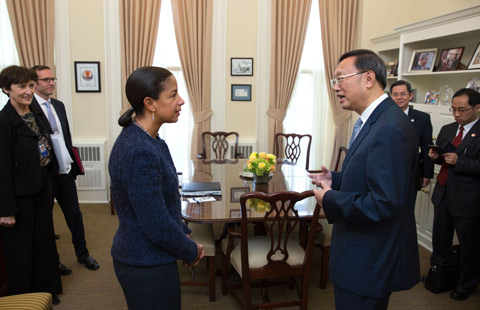
 Yang Jiechi meets with US National Security Advisor
Yang Jiechi meets with US National Security Advisor
Most Viewed
Editor's Picks

|

|

|

|

|

|
Today's Top News
General aviation poised to grow in China
Chinese train maker wins Massachusetts contract
Ottawa police say male suspect in attack and soldier are dead
Johnson & Johnson Plans Ebola Vaccine Testing
China's space launch to pave the way for lunar probe
Shooting locks down Canada's parliament
Book tells story of 'comfort women'
US-China solar pact holds big potential: analyst
US Weekly

|

|


